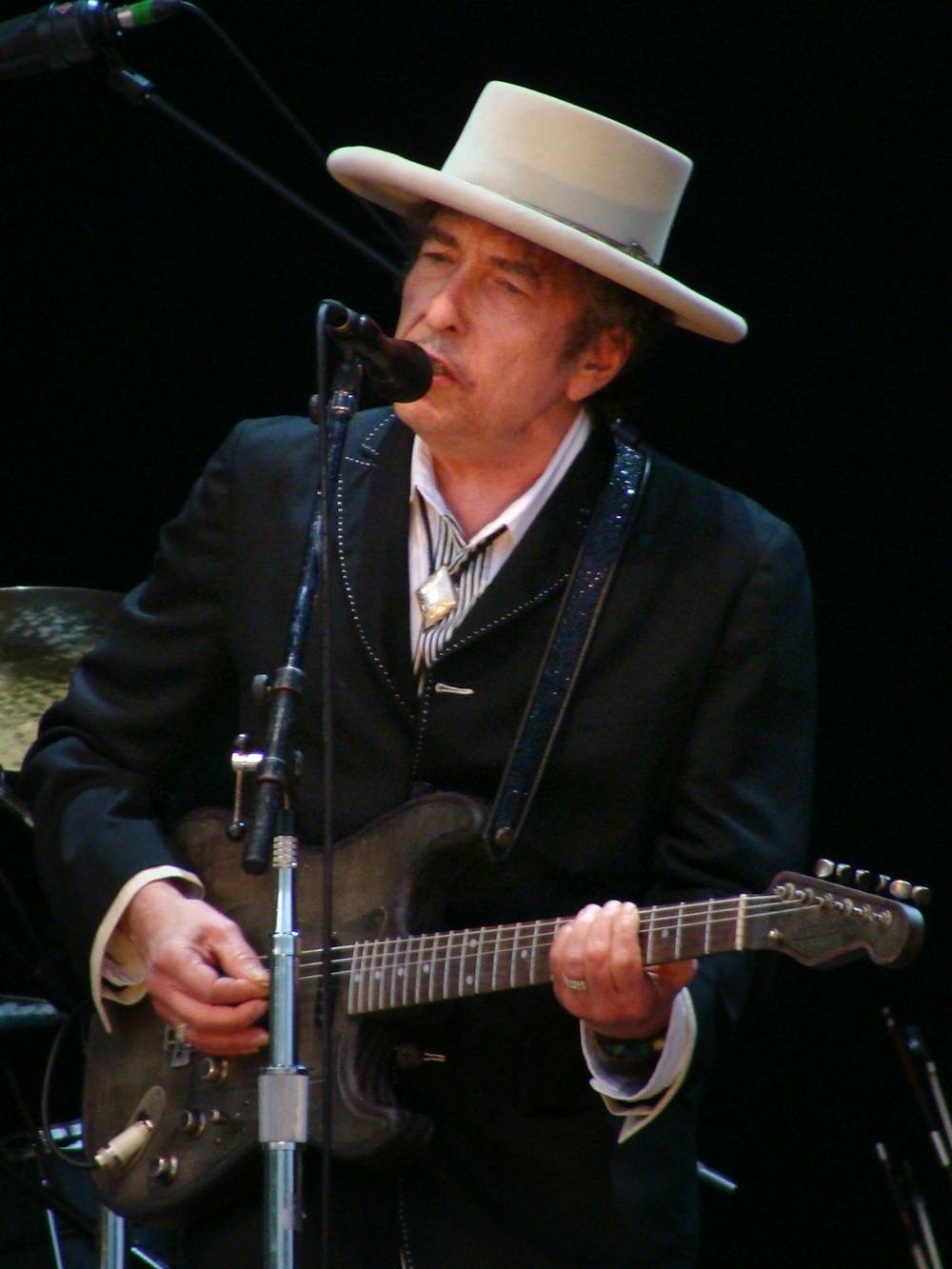I’m five, sitting in the passenger seat of my dad’s old, silver Volvo. It’s that time in your life when you’re still very whole, very undecided and unhurried about who you are.
Afternoon — I’m out of preschool for the day and we’re meandering through the streets of my Los Angeles neighborhood, playing a game only the two of us know: a game we called “Completely Lost.” My dad would drive and drive, probably in circles, and I would direct until I had no idea where we were. Then I’d pronounce us “completely lost” and try to find our way home again.
Integral to those afternoons is a backtrack of rambling lyricists from my dad’s childhood: Emmylou Harris, Johnny Cash, Leonard Cohen and, of course, Bob Dylan. The first three, effective in their solemn narratives and melancholy instrumentals, the last strange and a little disturbing, partly because of his disjointed lyrics and partly because the instruments drowned out a lot of the vocals, at least to a five-year-old who just wanted a good, solid story.
I didn’t know many of Dylan’s lyrics, whereas I could recite entire songs from the other artists by heart, but there was something so gritty about his music that it never quite faded from my mind either. It would take years until I found a love for Bob Dylan’s music, sitting around the fire at my summer camp, after which he became a fixture of my various abandoned playlists cultivated for driving around the Southwest (or walking around Baltimore and wishing I was driving through the Southwest). But regardless of what I was doing or where I was, Dylan’s music always makes me want to move, to travel outwards from where I am.
I would say this is the major difference from Dylan’s classic discography and the song he released this week, a 17-minute piece that reads like a lucid dream-like consideration of John F. Kennedy’s assassination. Titled “Murder Most Foul” — a reference to the king’s death in Shakespeare’s Hamlet — this song is more meditative than nostalgic and energetic, despite its now 50-year-old subject.
It begins with a slow piano and growling cello, and then Dylan’s voice joining in soft and low, dragging its feet throughout the track. His voice is slow and deliberate, more like a narrator of a story than a singer. The listener hears various recounts of the day of Kennedy’s death, from the perspective of Kennedy himself, the shooter (Lee Harvey Oswald) and the greater American public, caught by tragedy through a screen or radio.
Woven throughout the various narrative perspectives are allusions to the conspiracy surrounding the assassination (I would suggest curious parties read the lyric notes on Genius, as I have little to no background information on the specifics of this event or what each of the myriad references in the song are), as well as a multitude of lyrics/artist names from music created in the decades before and since the assassination.
In fact, I would guess that over half the song is such references, with other musicians’ work reimagined to apply to what Dylan is orating. “Murder Most Foul” is at once a probing of a historical event and its fall out, which can still be felt today, and a dramatic, surface level overview of the music world.
Dylan has produced a meditation on the cruelty and love of America over the last 50 years — the trials, the distrust and the art that guided us through it. It’s impossible to not see the emotions built up around the Kennedy assassination — the fear, the anger, the hatred, the disbelief — reflected in the undoing of so much of American society and trust just over the last few weeks.
However, I will say that, in order to make this ambitious study work, there are some moments in which Dylan’s lyrics turn to cliché and abstract musings. When moments like this occur, it provides space for the listener to digest the gruesome events and double-meanings sprinkled throughout the piece.
You won’t come away adding “Murder Most Foul” to your playlists or falling asleep to it on your porch in sunlight when you have nothing else to do or playing it for your child in the car in 20 years. But if you want to explore the musical references or meditate along with Dylan’s low, prophetic, guiding voice, I would encourage a listen. Set aside 15 quiet minutes to hear what one of the most influential musicians of the last 50 years has to say about those very years.





